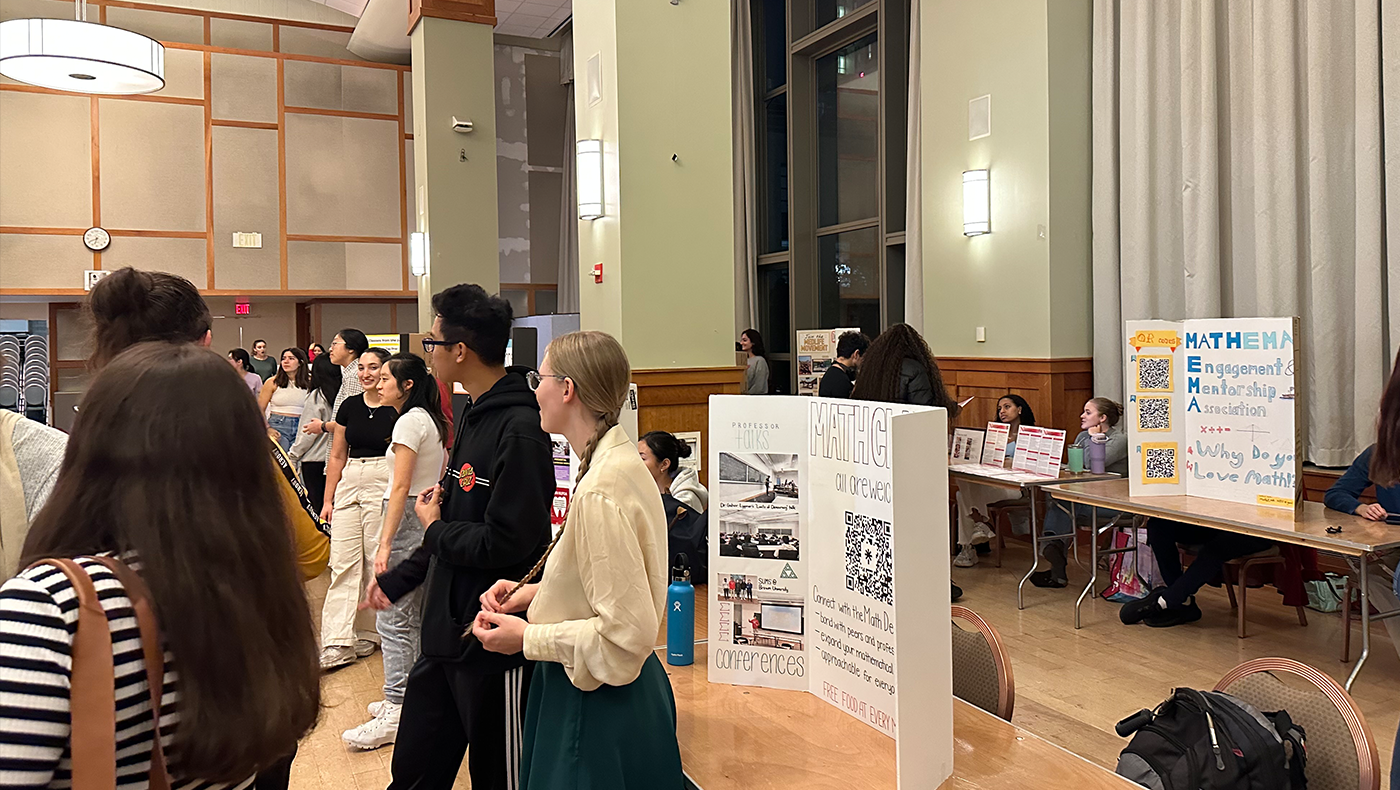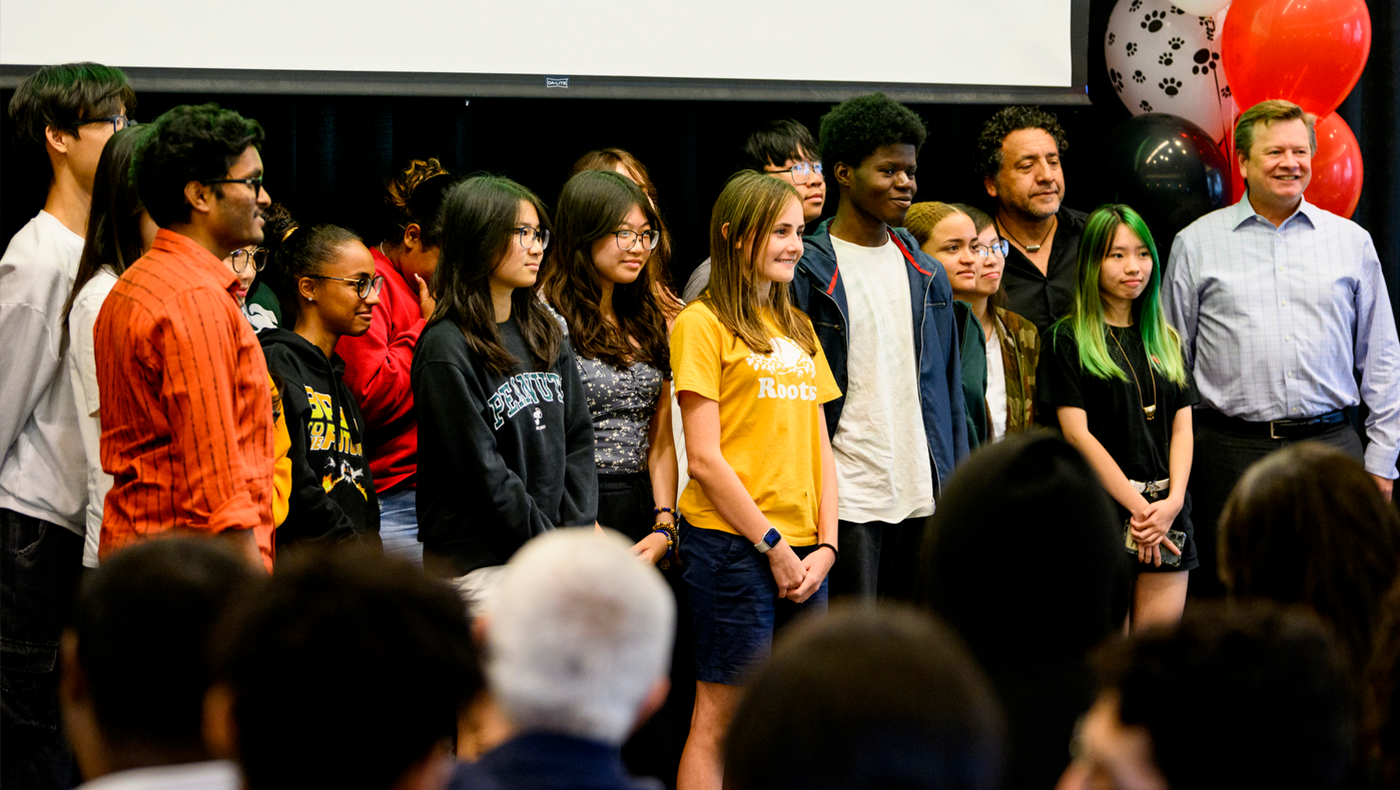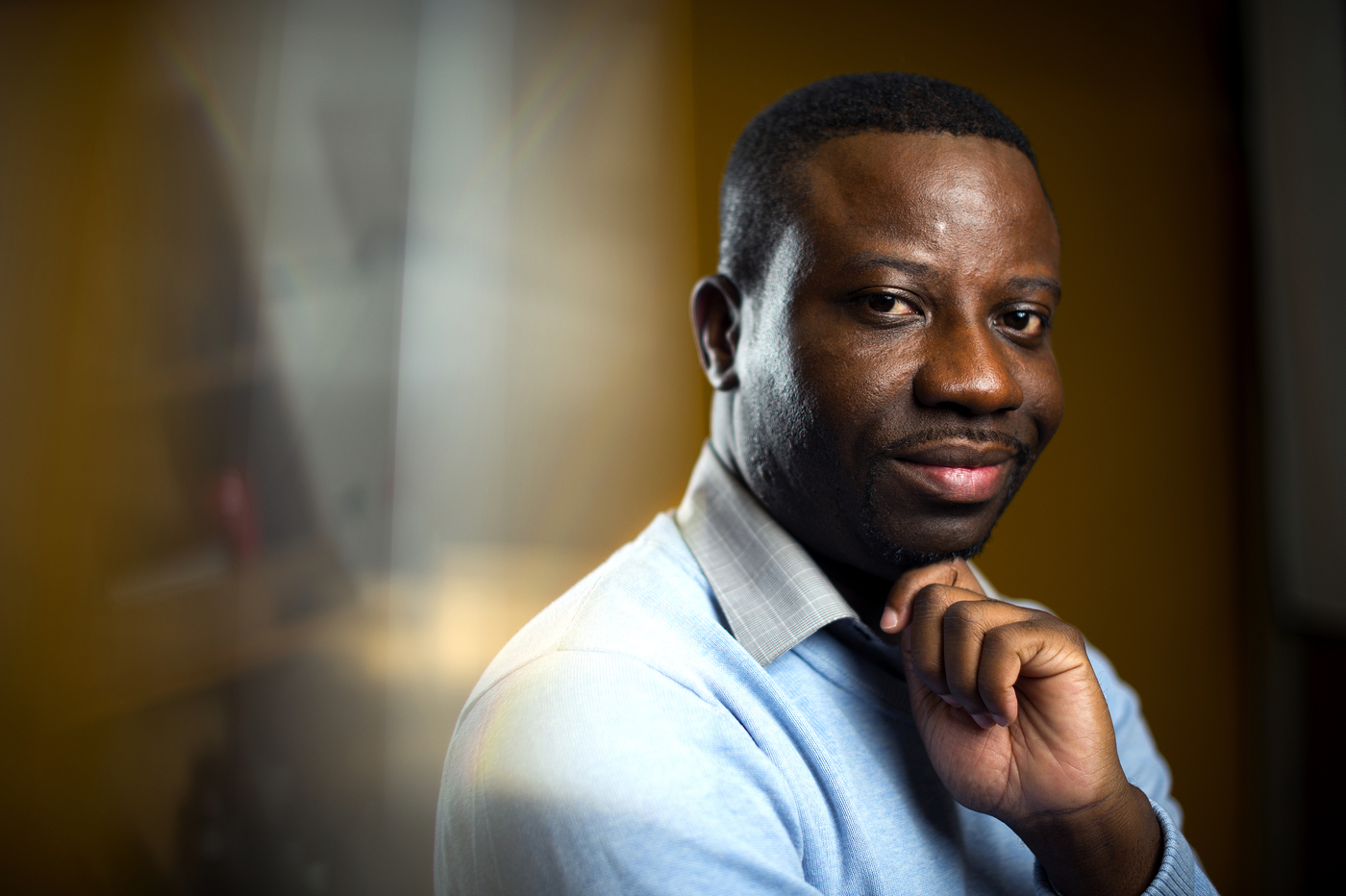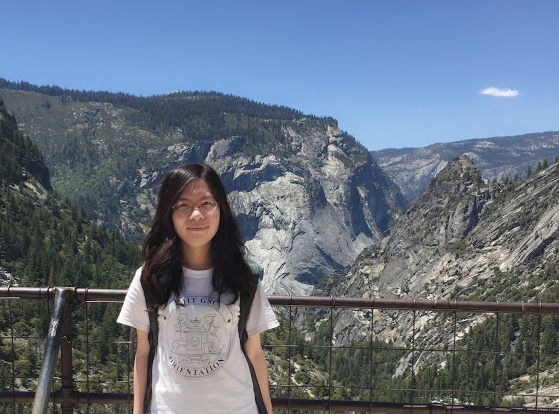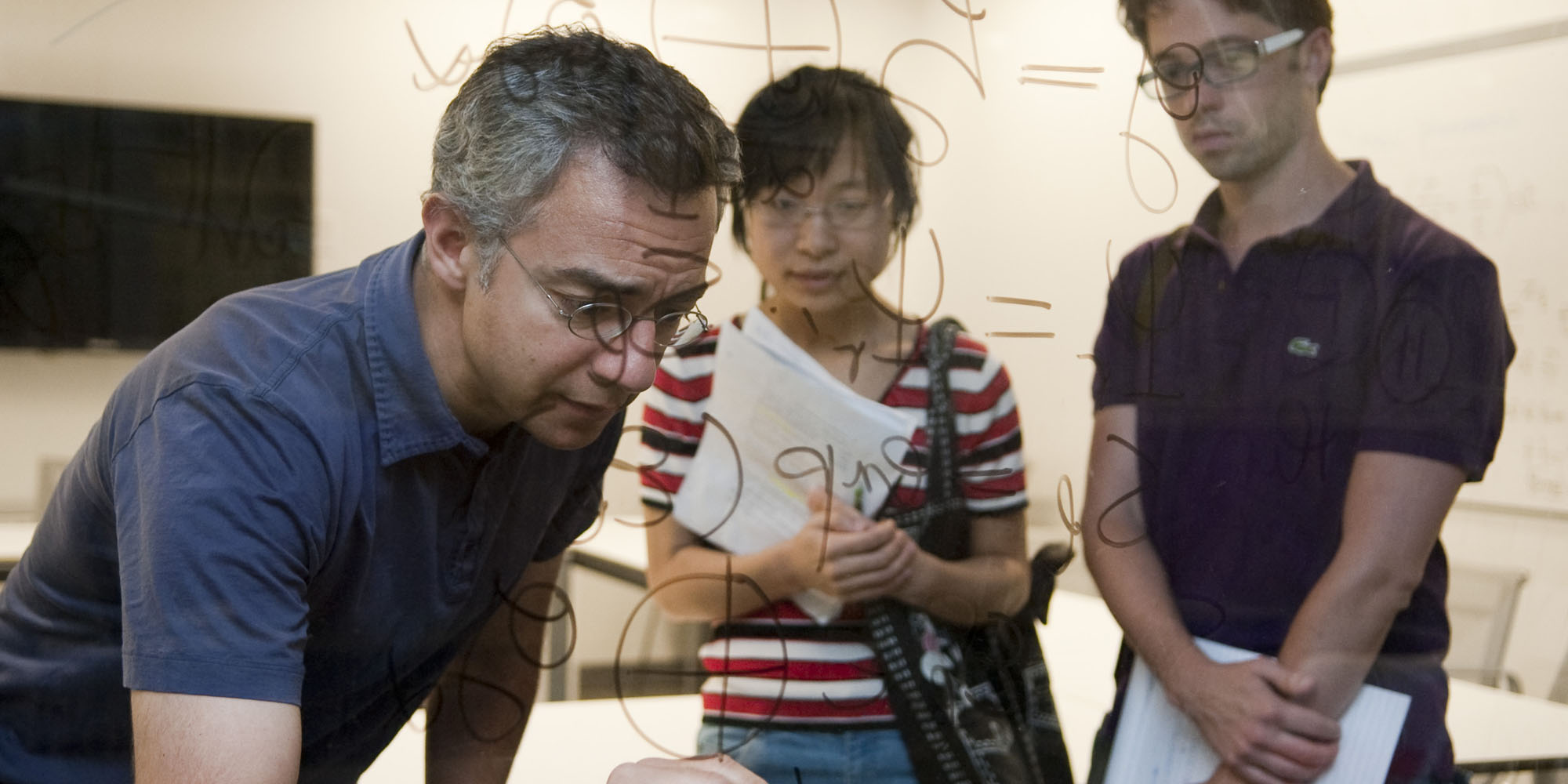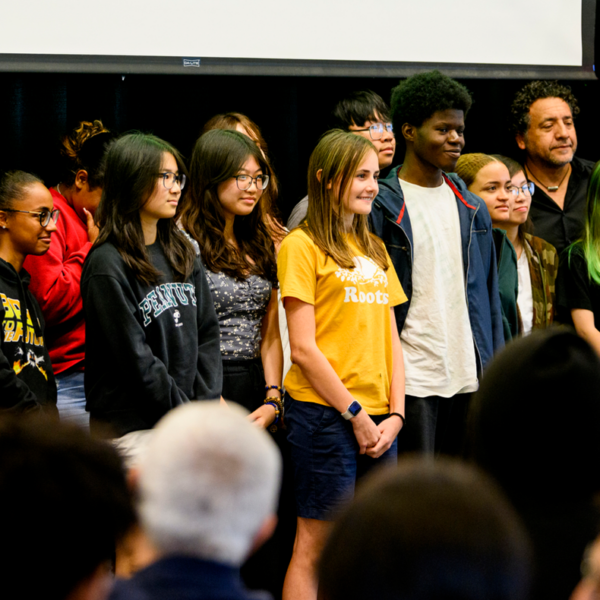Mathematics
Journey to the Start
The College of Science mathematics degree prepares students not only to solve for (x), but to see the whole equation.
Plane A leaves at 1:00 pm, averaging 450 mph. Plane B leaves at 6:00 pm, averaging 400 mph. Which plane gets there first?
You’ve heard a problem like this before, but never outside a classroom. Because in the real world, it’s much less black and white.
That’s because life has invisible variables. For instance, it will depend on the accuracy of weather pattern predictions to account for delays. It will depend on assessments about the plane’s material parts and fuel efficiency. It will depend on the air traffic controllers issuing course corrections in real time. All these factors will contribute to when the planes will arrive.
So what’s the answer? The truth is that the answer is too small for the real question. The world depends on more than just calculations — it requires people who have the foresight and perspective necessary to keep the planes arriving on time.
-
Diversity & Inclusion
The College of Science supports a culture where each person feels they belong, regardless of race, color, religion, religious creed, genetic information, sex, gender, gender identity, sexual orientation, age, national origin, ancestry, veteran or disability status. We celebrate the diversity of our community, and we seek to expand representation to further excellence. We commit to be a College where members act with respect, trust, collaboration, and communication, and where inappropriate behavior is reported and acted on without fear of retaliation.

People
Develops problem-solving skills while simultaneously teaching mathematics concepts. Each unit centers on a particular applied problem, which serves to introduce the relevant mathematical topics.
Presents mathematical connections and foundations for art. Topics vary and may include aspects of linear perspective and vanishing points, symmetry and patterns, tilings and polygons, Platonic solids and polyhedra, golden ratio, non-Euclidean geometry, hyperbolic geometry, fractals, and other topics.
Traces the development of mathematics from its earliest beginning to the present. Emphasis is on the contributions of various cultures including the Babylonians, Egyptians, Mayans, Greeks, Indians, and Arabs.
Events
News


